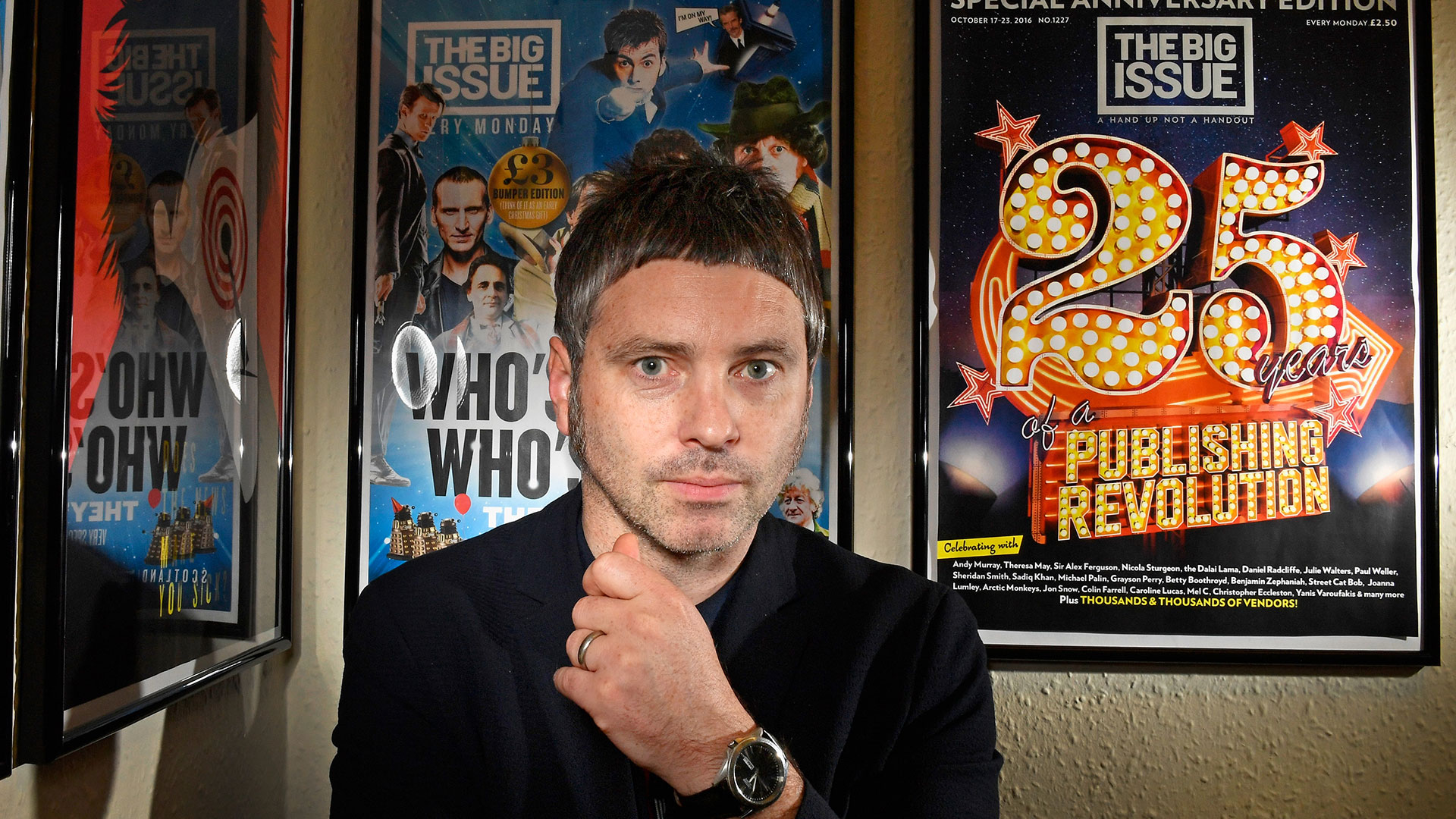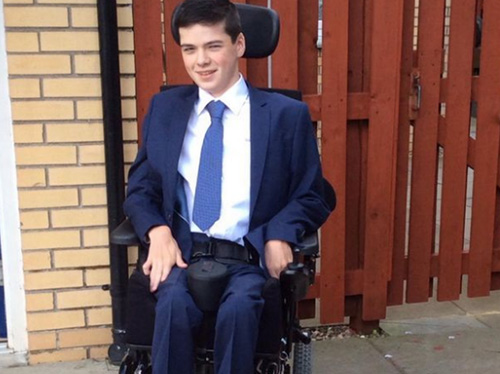Let’s start with Kyle Gunn.
He’s 19, a talented young trainee journalist. He has recently completed his first level journalism qualifications at Glasgow Clyde College. He does the sort of thing that editors want to see. With an interest in sports reporting, he has interviewed footballers and managers and shown ability, appetite and proper self-starting ambition.
When he went to progress to the next stage of his course and gain a full qualification, he was told he wouldn’t be allowed to get it. He has cerebral palsy and this prevents him being able to do shorthand. But it’s essential, the Scottish Qualifications Authority told him. And then closed the door.
Kyle Gunn embarrassed the examining board into beating a hasty retreat
They hadn’t reckoned on Kyle’s tenacity. He told his story, made it a national piece, gained the support of senior journalists, politicians and at least one football manager. He embarrassed the examining board into beating a hasty retreat. The National Council for the Training of Journalists who set the standard for qualification said they would “review” their assessment criteria. It took them several days to react to this.
There are several elements to unpick. The first is with journalism itself. It is a trade – not a profession, but a trade you learn by doing – that is under the cosh. The leader of the free world considers journalists who aren’t lick-spittle apologists to be the enemy. His is not a view that is unique. Journalists are increasingly met with suspicion and enmity.
At times, we haven’t helped ourselves. But there are many, many great hacks across the land doing vital work – at local level interrogating councils about self-serving or knuckleheaded ordnances, or making those in places of national power and influence explain themselves when they’d like nothing more than to have no glare. There is a rainbow of other parts between.










